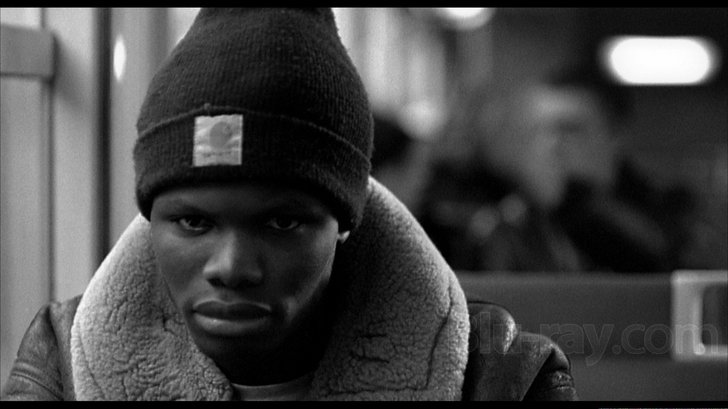

No wonder La haine instantly, and despite Kassovitz’s denials, acquired the reputation of being antipolice. In the process, the film shows clashes between police and youth, and in one famous scene, two policemen sadistically molest Hubert and Saïd while a trainee officer watches. His death in the hospital propels Vinz (Vincent Cassel), Hubert (Hubert Koundé), and Saïd (Saïd Taghmaoui) on an eventful journey through their suburban estate (cité) and then central Paris, ending in shocking violence. The narrative spring of La haine is the shooting of a young beur (a second-generation North African) by the police during the riots that open the film. Before M’Bowole, another famous case, that of Malik Oussekine, in 1986, had had particular resonance for him, and it is referred to in the opening montage. For Kassovitz, however, they were no cause for laughter. More than three hundred mortal “slipups” have been recorded since 1981-common enough to have become a topic for comic films. He wondered in an interview “how a guy could get up in the morning and die the same evening in this way.” M’Bowole’s officially accidental death is one of the many bavures that have plagued the French police in recent decades. Kassovitz started writing the script of La haine on April 6, 1993, the day Makome M’Bowole, a young man from Zaire, was shot while in police custody in the eighteenth arrondissement of Paris. This black-and-white chronicle of twenty-four hours in the life of a mixed-race young male trio from a run-down banlieue has resonated ever since. The explosive contents of the film, its unusually young creative team (Kassovitz and the three lead actors were all in their twenties), the fact that it won the prestigious best director prize at Cannes, its huge popular success, and the media circus that followed turned La haine into aphénomène de société that reached beyond its cinematic value. The convergence of Mathieu Kassovitz’s film and social unrest, however, was nothing new: at the time of its release in 1995, La haine was already, and controversially, linked to suburban violence and police bavures (slipups).


 0 kommentar(er)
0 kommentar(er)
